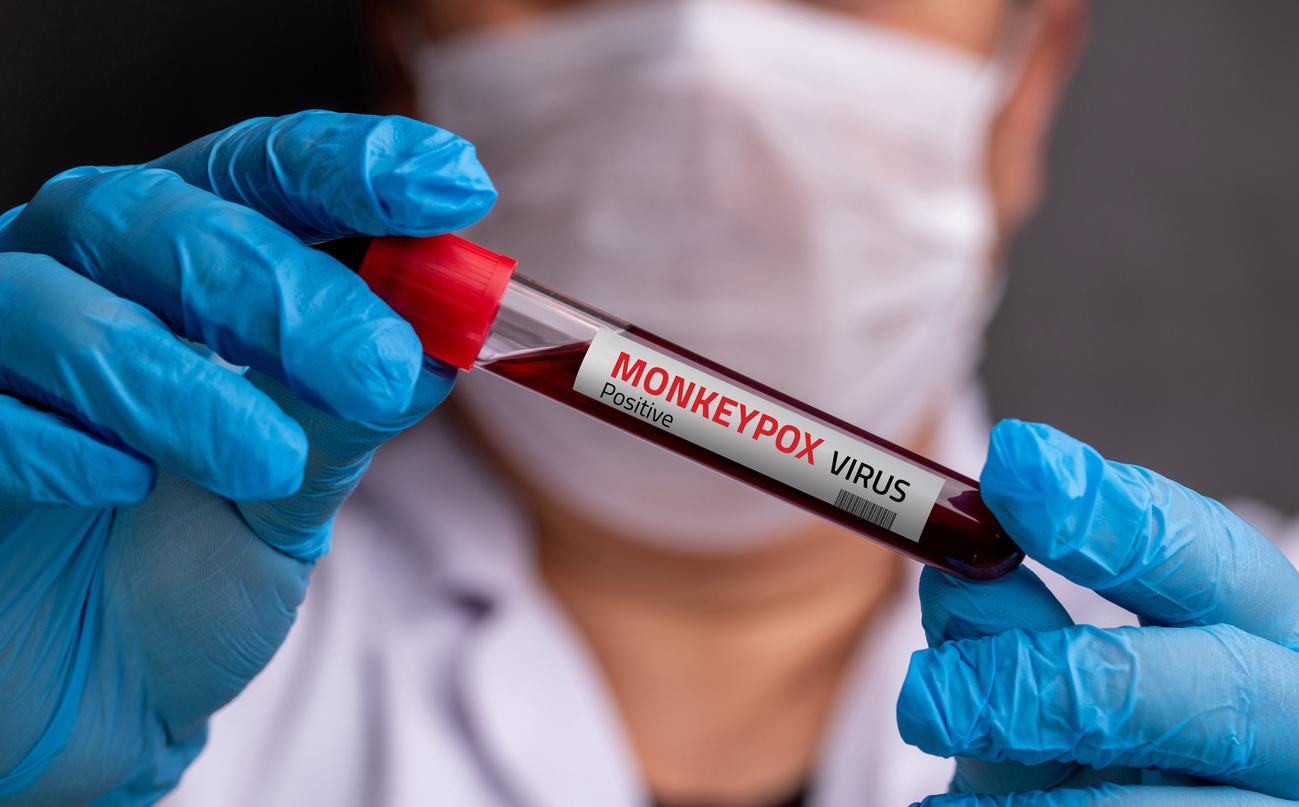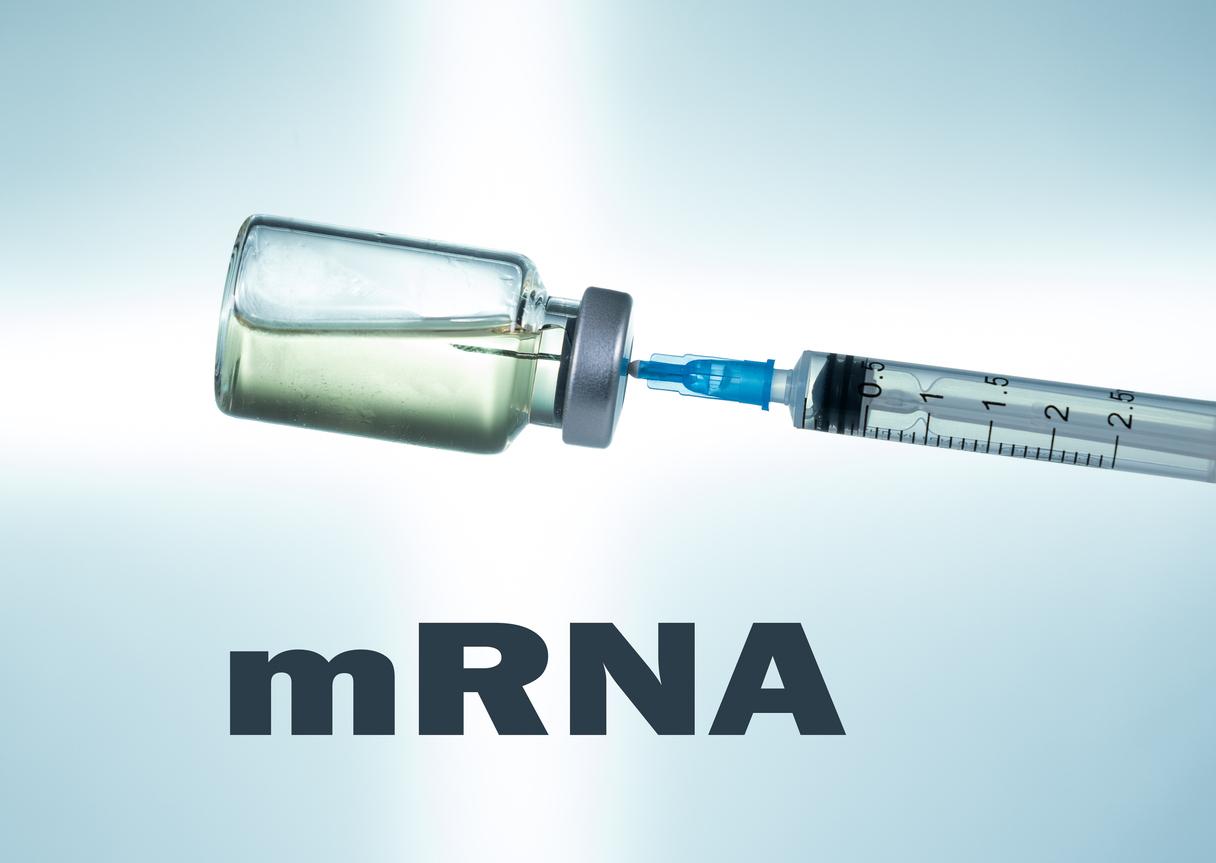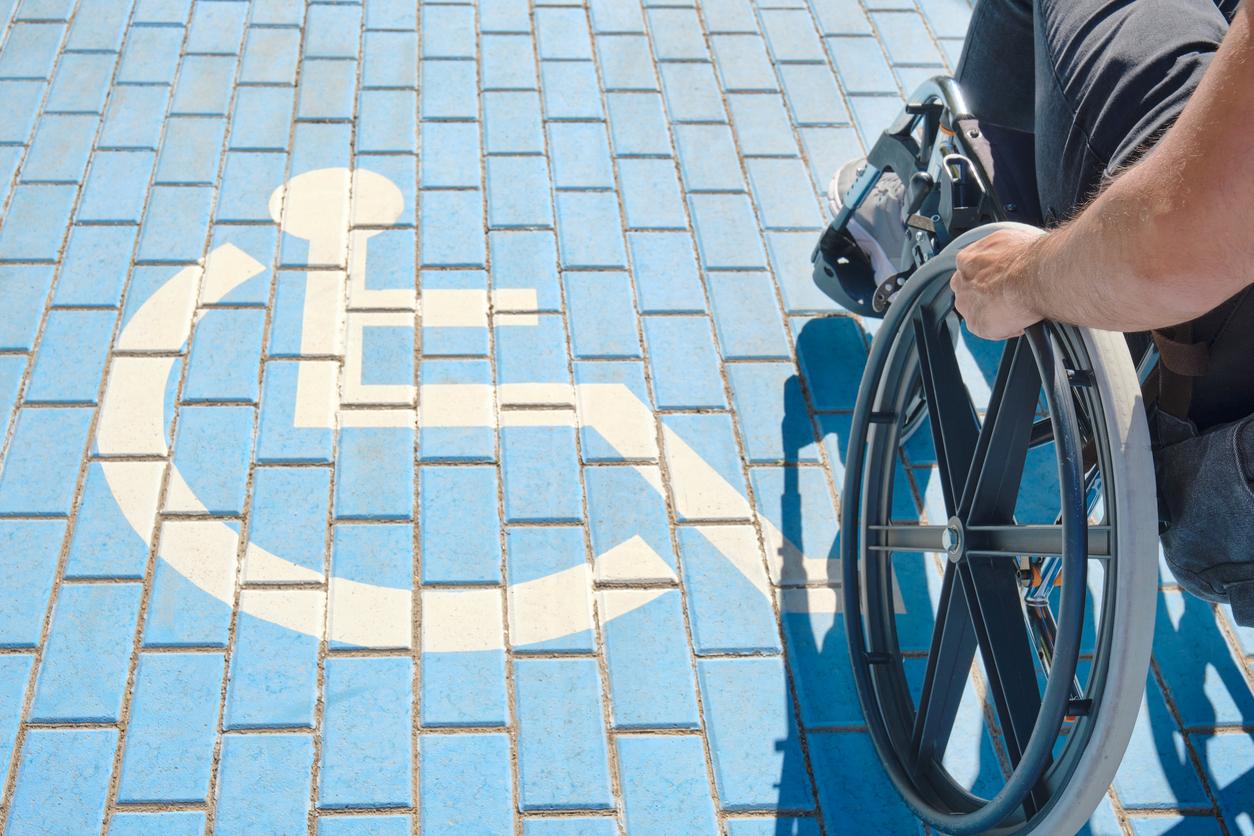Dr François Arnault, president of the Order of Physicians, was the guest of the program “La Santé en Questions” last September on the rise in violence against the profession. A speech which came before the presentation by the government on September 29 of its plan for the safety of health professionals. The president of the Order reacts today to the measures announced. Among them, the creation of an offense of contempt in which he sees an essential element to punish this violence but also to prevent it.

– Why Doctor: The government, through the Minister of Health and the Minister for Territorial Organization and Health Professions, presented the main points of its plan for the safety of health professionals. Is this the right response to the rise in violence against doctors that you describe as a “scourge”?
Dr François Arnault : I think that these measures and the spirit in which they were worked on respond to the difficulties encountered by the health professions and that if we apply all of these provisions, there will be a before and an after. We must make society aware that violent behavior towards people who provide care is not acceptable and in this regard, there is reason to raise everyone’s awareness. This responds to the current situation.
– The first axis of this plan talks about public awareness and training of caregivers. What concrete translation should be given to these intentions?
We must not isolate the case of health professions. Violence is a problem that concerns everyone, it is certain people in our society who behave badly with those who are there to provide them with a service. We are in the presence of a relaxation of behavior which means that when we do not get what we want, we can attack people. Raising public awareness is not going to be an easy thing. But already, for the government to say that the offense of contempt applies to health professions who are attacked by patients is a first response. This is surely what will have the most educational effectiveness. I welcome this measure and the government must take the necessary measures to implement it.
– And for the training of caregivers, what should we do?
Training is essential. And in particular the university training of students in the management of stress and the aggressiveness of those who are opposite. This is very important, students really need to learn during the last years of their studies to manage this difficult relationship with certain patients. Then, training those who are already in business would be an excellent way to support them. We need to create moments where they hear about these social phenomena and see that they are not the only ones to be affected.
“It is especially verbal aggression that we must know how to manage without panicking”
Training at this time is something that needs to be organized fairly quickly. This should be relatively easy since it requires professionals who are qualified and who know how to educate a caregiver to deal with a person who is verbally or physically assaulting them. It is especially verbal aggression that you need to know how to manage; there is a method, a way to respond to a person or to behave in these situations without panicking.
– Violence against health professionals is sometimes committed by patients suffering from mental disorders. Is appropriate training required in these cases?
We must not stigmatize anyone but this changes the behavior we must have in the presence of these patients because there we can see everything. If we enter the field of psychiatric pathology, there are no limits to the disorders that can manifest. But it’s a pathology, so it requires a different approach and I think because it’s a pathology, doctors are more accepting of it.
– A general practitioner that we interviewed recently and who practices in a sensitive area stressed the need to make doctors aware of the importance of their role. Do you share this opinion?
It is totally true. Doctors must re-appropriate their profession and their profession, what they represent in the life of society. They must have confidence in their profession and not let individuals mistreat the image of this profession, we must not accept that.
– The government plan also provides for measures concerning the security of premises with the establishment of remote monitoring near health structures in town. Is this desirable and what effectiveness can we expect from it?
There is a difficulty in putting monitoring equipment in the office premises, this would infringe on the confidentiality of the patient who comes to consult and this is an obstacle that cannot be circumvented. On the other hand, whether there is urban remote surveillance outside, or in public premises, yes, it would certainly be useful, particularly to find people who behave in this way.
“In terms of the design of the premises, it is easy to provide physical protection”
And what I find particularly interesting in the government’s plan on the subject of premises is the approach to their design. There is necessarily a way of imagining circuits for people, protection for reception staff. When we are at the design level of the premises, it is quite easy to anticipate and provide physical protection. This could even prevent some people from getting upset and would allow caregivers and their staff to feel safe.
– But should we go so far as to protect doctors’ offices as we do for a bank?
Such arrangements do not concern the doctor’s office itself, it mainly concerns the reception staff. In a multidisciplinary healthcare home, these professionals see around a hundred people pass through during the day, it seems normal to me that they are protected. We can do this in an elegant way, we don’t have to put iron bars or put them in cages!
But when you are at the reception of a large health structure, you have to manage the stress of the patients, the appointments every two or three weeks while for the patient their health problem is felt as something urgent , you have to manage the wait in the waiting room, the situations are multiple. This requires that the person at reception be in a protected area. On the other hand, for the caregiver, there is no protection possible, everything between him and the patient must be removed so that there is proximity, so that the patient understands the essential role of the caregiver with him, It’s called the singular conference!
– You underline the interest in establishing an offense of contempt. But for it to exist, there must be a complaint from the health professional. However, a majority of doctors do not file a complaint after an attack. How can recourse to justice be made more systematic?
The Order of Physicians encourages them to file a complaint. Moreover, in the event of physical aggression, in general, they do so and in these cases the Order acts as a civil party on their side. These are the instructions given to the presidents of departmental orders and they do it. Afterwards, when there is verbal aggression or threats, many doctors do not file a complaint. But I think that the person who comes to the office for a health problem is most often a patient that the doctor already knows, and if he “goes off the rails”, I understand that the doctor does not want to respond with an approach judicial, firstly because for a complaint or a handrail, you have to travel and you have to file a complaint by name against the patient, it’s complicated.
“The term contempt offense is extremely important, it clearly identifies the problem”
Hence the interest in creating the offense of contempt since it will lead to a ticket, a fine, it is not at all the same thing and above all it will be automatic. I sincerely believe that using this term contempt offense is extremely important in the display, it clearly identifies the problem. Today, when a patient attacks a doctor or nurse, he or she has no idea that it could end badly in legal terms. This must change and the risk of this offense will have to be displayed everywhere in practices.
– Could the Order take the place of the doctor, file a complaint in his place?
I think we could substitute, yes! At the moment, we can’t. But in principle, I am not opposed to it at all.
– After the presentation of this plan, was a timetable for implementing the planned measures communicated to you?
I have no information on this timetable but what I do know is that the Minister Delegate, Agnès Firmin-Le Bodo, is very committed to this subject, that we are cooperating with her and her services in a very positive way, particularly for everything concerning the National Observatory for Physician Safety created in 2002. I also welcome the joint work that took place upstream with all the orders, we were consulted, we put provision of everything that we have done for 20 years with the ministry and it is taking things with the desire to succeed, there is already a position which is firm.
– Is violence against doctors also one of the elements of deterioration in medical demography?
It is obvious that this contributes to the disenchantment that young people have with the exercise of this profession. It is therefore very important but it is not the root of the problem. More generally, there is a major loss of attractiveness of the profession of private or hospital doctor, for many reasons.

















